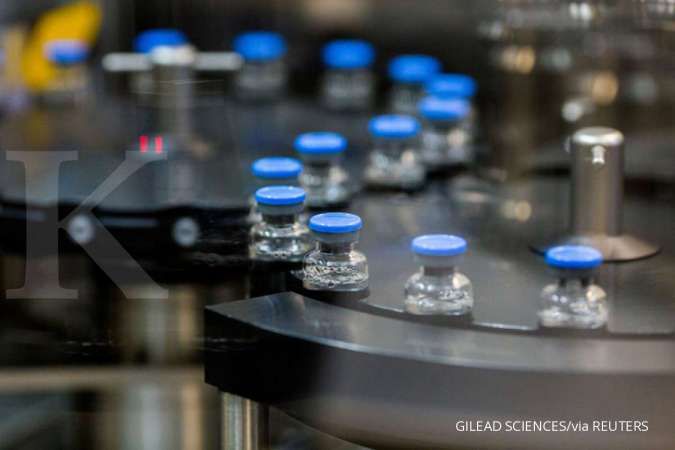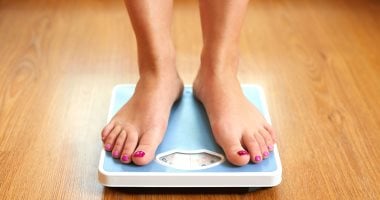ILLUSTRATION. The US Food and Drug Administration approved remdesivir produced by Gilead Sciences Inc as a drug to treat Covid-19 patients who are hospitalized. Gilead Sciences Inc / Handout via REUTERS
Source: Reuters | Editor: Barratut Taqiyyah Rafie
KONTAN.CO.ID – WASHINGTON. The US Food and Drug Administration on Thursday (10/22/2020) approved Gilead Sciences Inc’s remdesivir as a drug to treat Covid-19 patients who are hospitalized. This makes remdesivir the first and only drug approved for the disease in the United States.
Launch ReutersRemdesivir, which is administered intravenously, is one of the drugs used to treat US President Donald Trump during his battle with Covid-19.
The FDA’s official approval comes just hours before President Trump’s final debate with rival Joe Biden takes place ahead of the November 3 presidential election.
Remdesivir has been available under the FDA’s (EUA) emergency use permit since May, after research led by the National Institutes of Health showed remdesivir was successful in reducing hospital stay by five days.
Also Read: Young scientists discover Covid-19 healing therapy, pocketing hundreds of millions of prizes
However, the World Health Organization (WHO) said last week that a global trial of Covid-19 therapy found that remdesivir had no substantial effect on length of hospital stay or chances of survival. The study has not been reviewed by outside experts.
Gilead questioned the results of the WHO research.
Remdesivir, which will be sold under the brand name Veklury, is priced at US $ 3,120 for the five-day treatment package, or US $ 2,340 for government buyers such as the Department of Veterans Affairs.
Also Read: WHO spoke up about the surprising findings of the Covid-19 drug Remdesivir
Gilead shares shot up 4.3% immediately after trading hours to US $ 63.30.
Reuters reports that remdesivir has become the standard of care for hospitalized patients with severe Covid-19 although it has not been shown to improve survival. The drug has also not been shown to significantly help moderately ill patients, and many physicians remain cautious about using it in patients with less severe disease.


